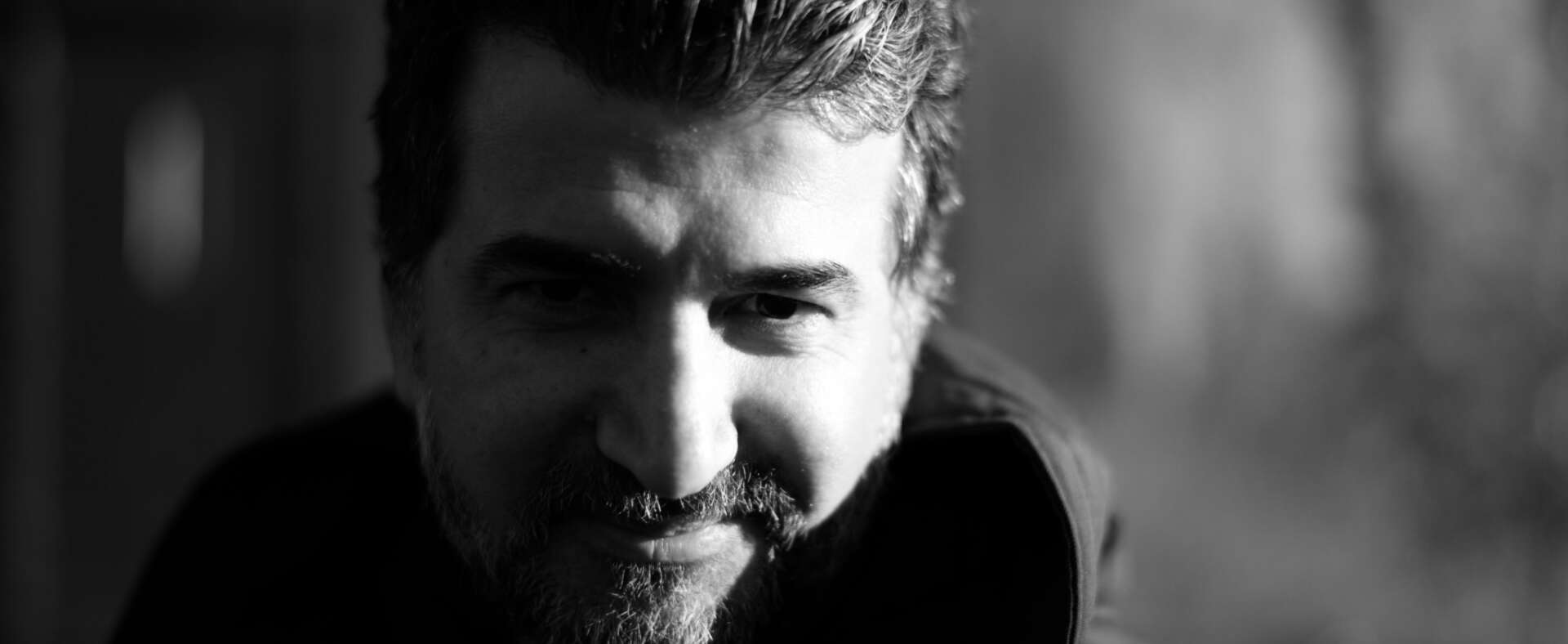WRITTEN BY: Annika Pham
Exclusive: The Norwegian/Danish/Swedish co-production is the director’s most ambitious project to date and his first film to be shot in Norwegian.

Exclusive: The Norwegian/Danish/Swedish co-production is the director’s most ambitious project to date and his first film to be shot in Norwegian.
A Happy Day which just received support from the Norwegian Film Institute, is produced by Zaman’s own company Snowfall Cinema, with seasoned Norwegian producer Turid Øversveen (Out Stealing Horses) serving as associate producer and co-producer through her company Take 1. Zentropa Denmark and Cinenic Film in Sweden are co-producing, with co-financing from NRK, FilmCamp and Nordnorsk Film Fond. Renée Mlodyszewski is executive producing.
With his third feature project, the Norwegian director of Kurdish origin returns to a familiar topic - the plight of refugees, but with a lighter and darkly humorous tone that will break away from his two previous films, the multi-awarded Before Snowfall (2013) and Letter to the King (2014).
The story centres on three young boys aged 17- Aras, Ismail and Hamid who live in an asylum reception centre in northern Norway. They hang around, fall in love and dream of a better life. Hamid wants to be a world-famous poet, Ismail dreams of getting rich and making it big in television, Aras thinks he is a born leader, although he isn’t quite cut out to be one. A girl who becomes the love interest to one of them, creates rivalry. As the trio face deportation once they turn 18, they plan the only alternative they have - escape.
Øversveen who produced Zaman’s earlier mid-length feature Winterland, says A Happy Day deals with a controversial subject - young asylum seekers in Norway who face deportation once they turn 18. But it will be foremost “a moving, humorous story about three young boys, dreaming of a better life, while trying to defy the system”.
Zaman concurs with her. “Although it’s a harsh story as the three boys face deportation, they are like any other kid in the world - living every day to the fullest, with the recklessness that comes with youth. The irony is that the boys are almost more afraid to turn 18 than to be thrown out of Norway!” says the director for whom A Happy Day is ultimately about love, friendship and dignity.
Beyond the universal theme, the film’s cinematic ambitions, use of magic realism and setting in the snowy northern Norwegian landscape should appeal to a global audience, says Zaman. “I want to make this film for a larger international audience. My cinematic style has always been closer to Scandinavia, as I use snow, nature and landscapes as important narrative elements, but I also feel close to European cinema in the way I address pressing issues and human themes.”
As with his previous films, the director plans to mix non-professional and professional actors to make it as authentic as possible and “to let the actors feed each other with renewed energy”.
Zaman will work closely with cinematographer Lukasz Zamaro.
Casting is underway in Oslo, Northern Norway and in Sweden. Filming in FilmCamp is set to start in February 2021.